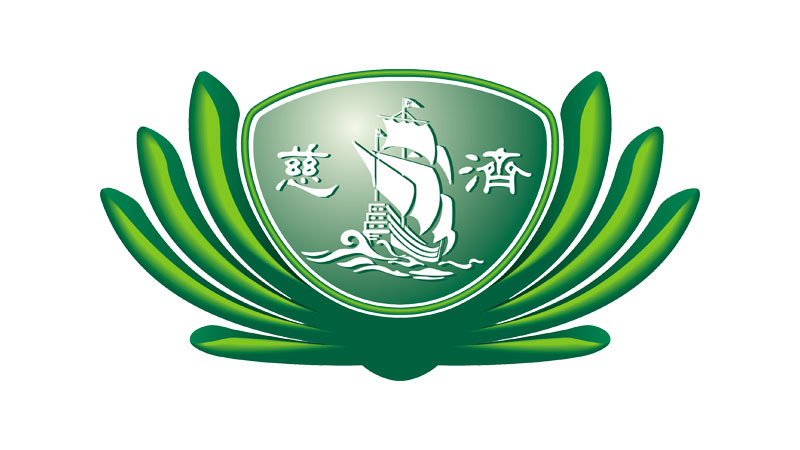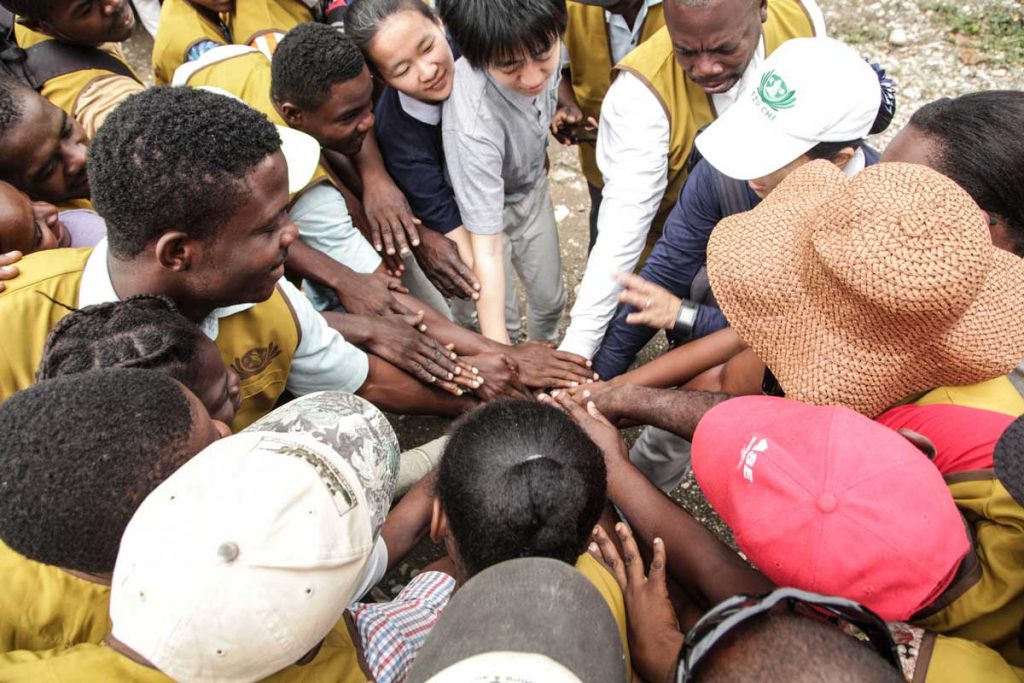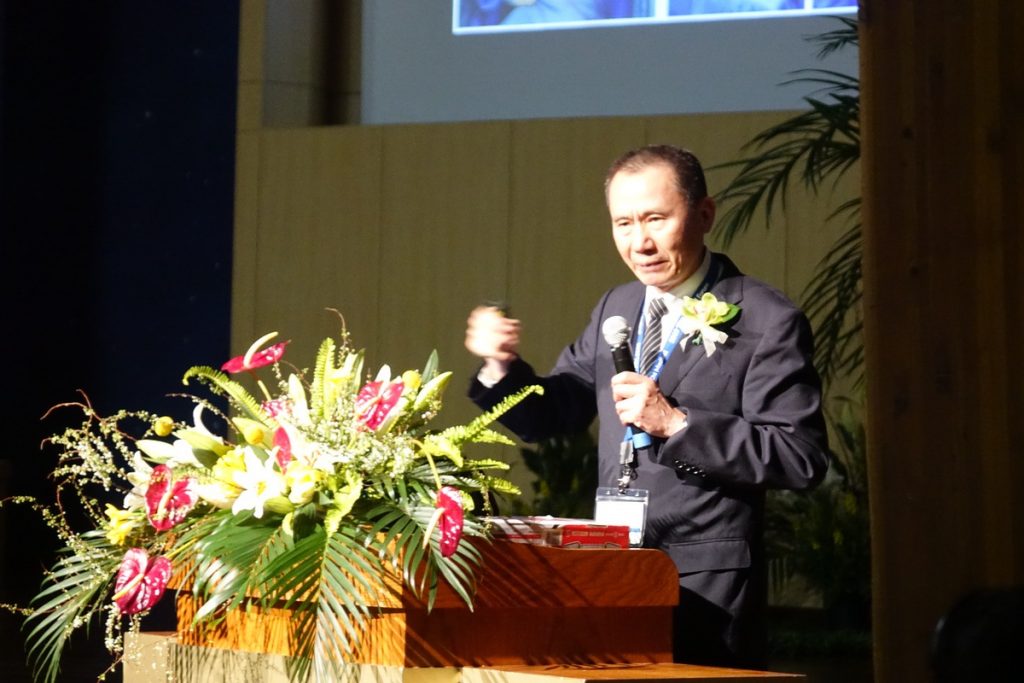
Author: Ida Eva Zielinska
Learning about human anatomy through the dissection of cadavers is a cornerstone of medical education, yet the practice has a shady past. On March 29 in San Dimas, CA, as the sun shone brightly outside, speaker Guo Fang Tseng, MS, PhD, took the audience assembled on the first day of the 2019 TIMA Global Forum, “Enlightened Wellness: Body, Mind, Spirit,” into those dark corners of history, before presenting Tzu Chi’s Silent Mentor Program which paves new directions in full body donation and surgical skill training.
The study of gross anatomy began with the dissection of convicted criminals, unclaimed bodies, and even those stolen from graves. Consent wasn’t a requirement years ago, yet today, medical students learn thanks to people who donate their bodies to science in their wills prior to death. While this is a leap forward in terms of giving a measure of dignity to those remains, medical students still tend to consider the body as a specimen, remaining emotionally detached. Must it be this way.
Dr. Tseng, who is Vice President, Dean of Research and Development, Professor and Head of Anatomy at Tzu Chi University in Hualien, then shared the history of the institution. It was started when Master Cheng Yen, the founder of Buddhist Tzu Chi Foundation, realized how difficult it was to recruit doctors to work in the first hospital she had established in Hualien: They didn’t want to come to this impoverished region of Taiwan. It seemed that a new breed of doctors was required, those willing to practice where they’re most needed as opposed to where they may desire. And so began Tzu Chi’s humanistic medical education mission.
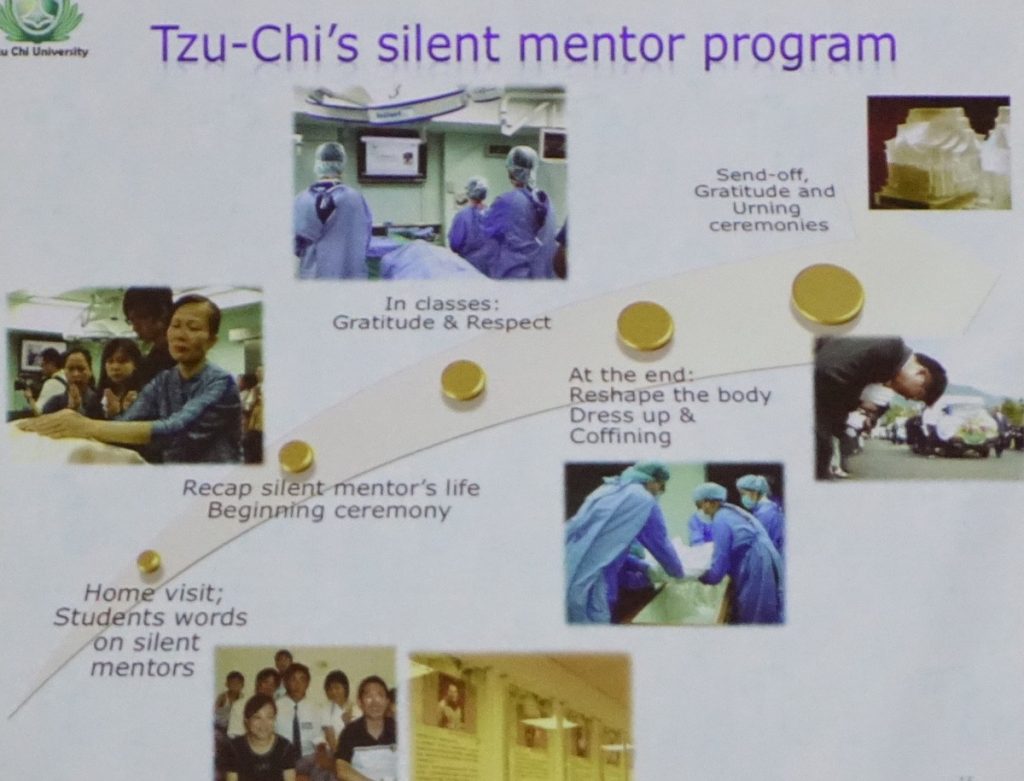
Today, Tzu Chi University is home to the ground-breaking Silent Mentor Program, of which Dr. Tseng is chief. This full body donation program revolutionizes the status quo and has garnered attention worldwide. To start, donors are considered as silent mentors, silent teachers, and altruistic role models instead of specimens as is the norm. Students also meet the family and learn about the donor and the story of their life, creating a bond with them rather than avoiding it.
In terms of the medical training itself, the program also introduces the university’s innovative soft body surgical skill training method that Dr. Tseng pioneered. Bodies are stored frozen rather than embalmed, and then thawed so they retain a quality similar to a living patient. The surgical skill training also takes place in a classroom that fully simulates a real hospital operating room, yet the history of the donor’s life is also displayed on a screen therefore their humanity is never forgotten during the entire educational process. At the end of the months of study, students will put all the parts and organs back in their proper place, restoring the integrity of the body – a process that takes a full week.
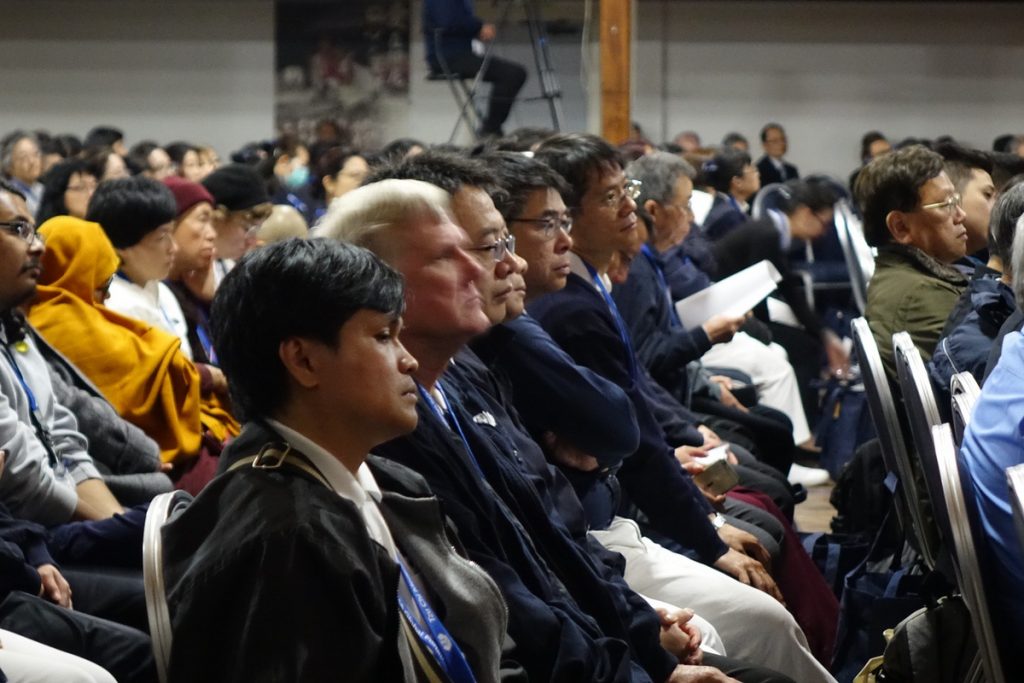
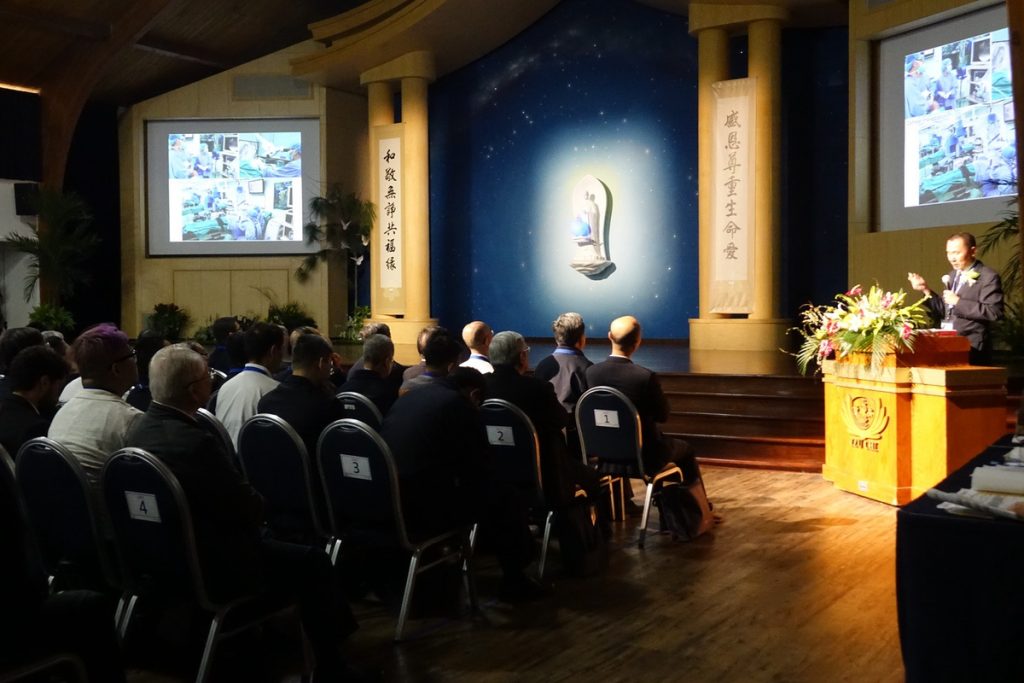
The Program accommodates the emotional needs of the surviving families as well. Before the surgical training begins, the wrapped bodies are kept in a storage area with a see-through wall so relatives can come and visit. Family members then meet the students before the commencement of training, and at the end of the program, they join together again for cremation, gratitude, and burning ceremonies. This ongoing interaction pays respect to the surviving families while helping students develop empathy and heartfelt gratitude for the altruistic gift of their silent mentor. The program’s track record shows that the bond between students and donors, expressed through ongoing contact with relatives, can last for years – the memory for life.
Tzu Chi’s humanistic medical education model is truly unique in how it cultivates the heart of future doctors alongside their professional skill and knowledge. In fact, there’s a waiting list of people who want to donate their bodies to the Silent Mentor Program, making this ultimate act of giving without asking for anything in return. And, it isn’t surprising that 81% of donors to the program are Dharma Masters, Tzu Chi volunteers, and their families.
